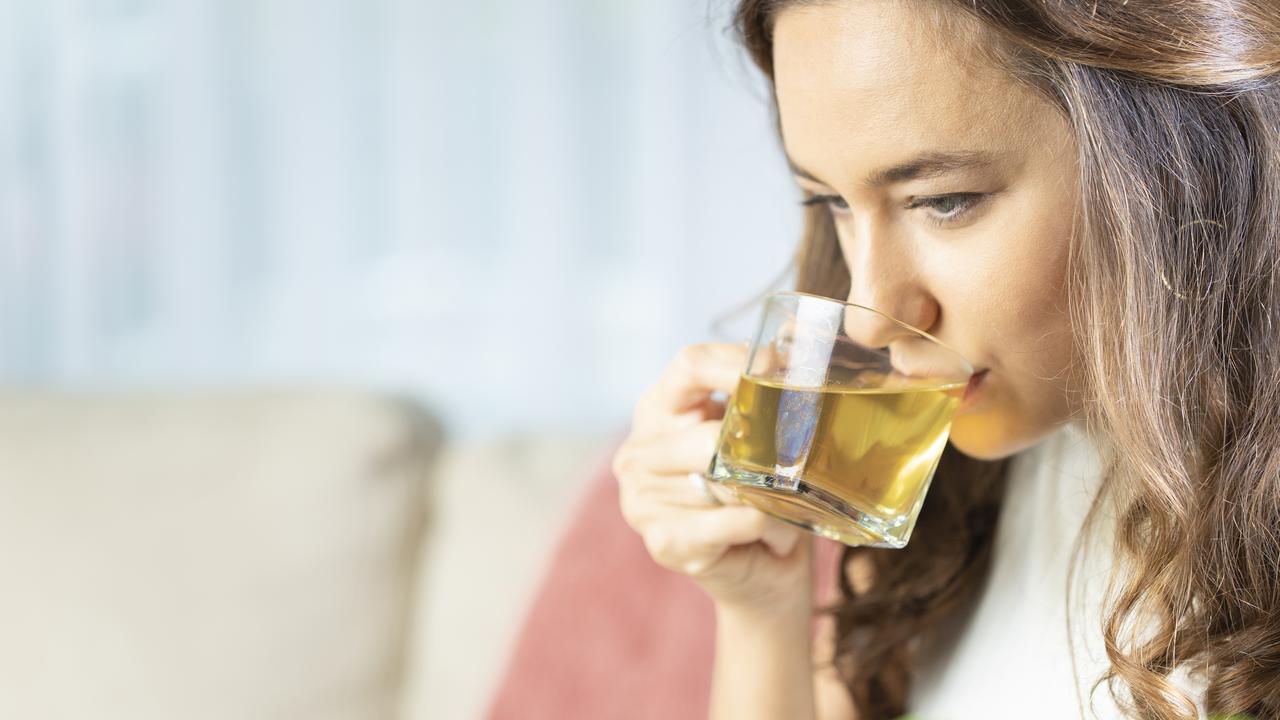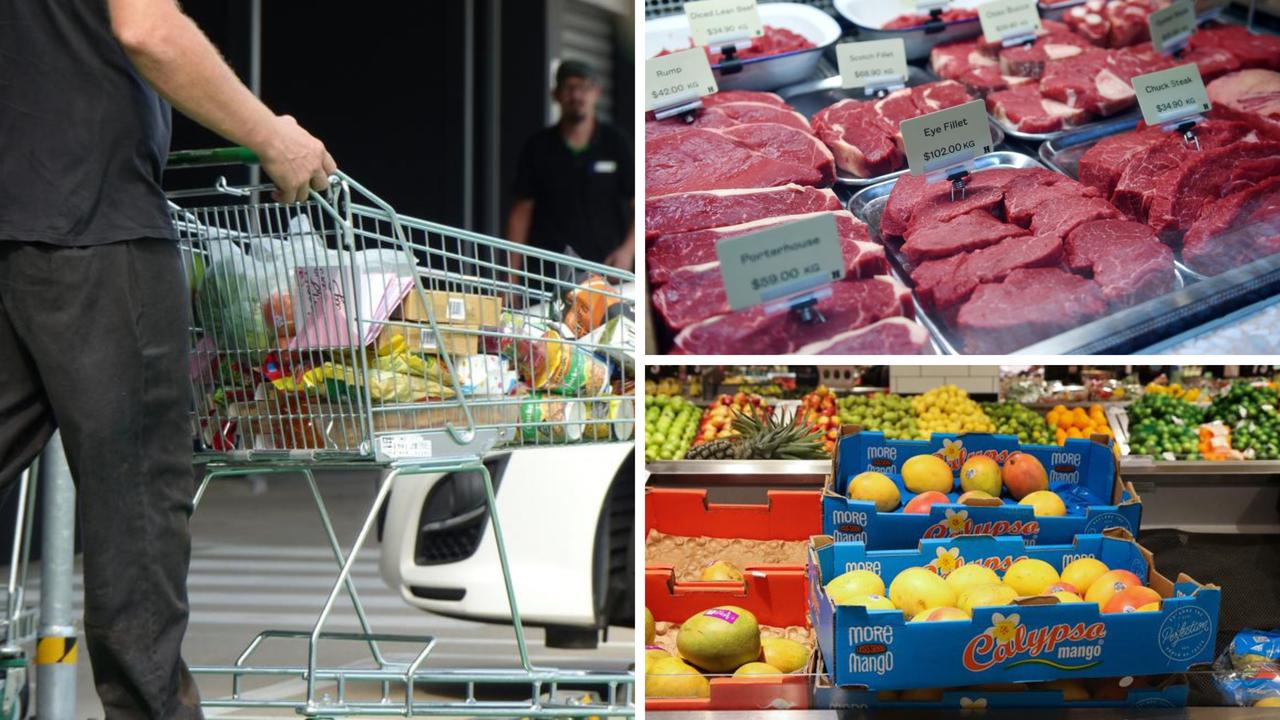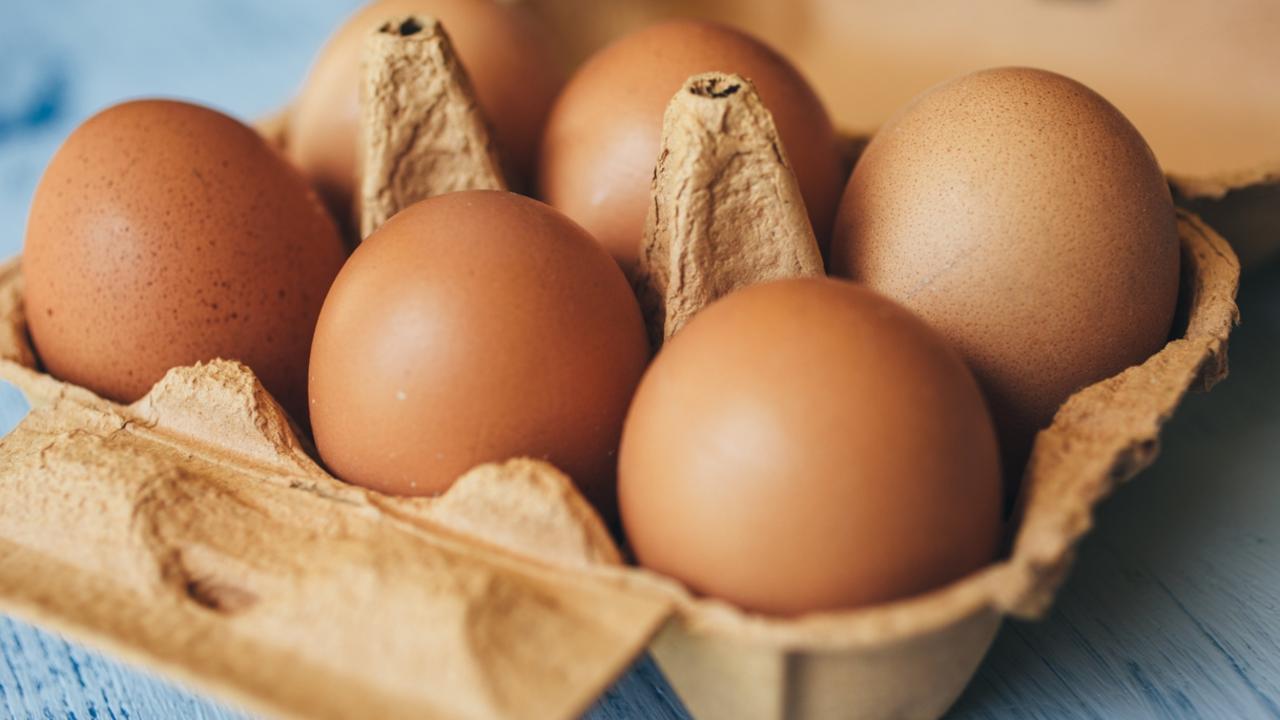More than half of Australians are trying to lose weight
The depressing reality of how Aussies feel about their body has been revealed, following research from news.com.au’s Great Aussie Debate.
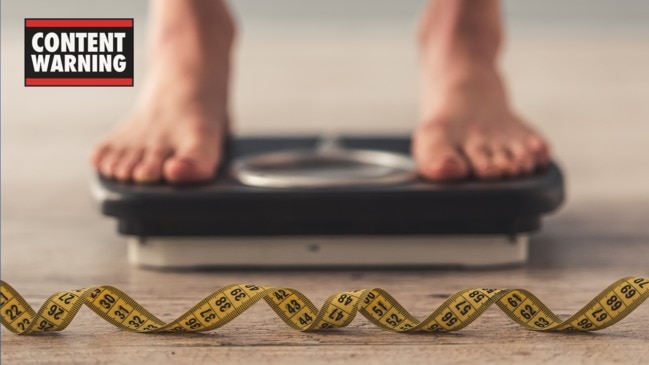
It is a depressing reality that most of us are unhappy with the way our clothes fit or what the mirror reflects back at us.
Research from news.com.au’s Great Aussie Debate showed that 62 per cent of Australian women over 18 are trying to lose weight, while 52 per cent of men and 41 per cent of non-binary people in the same age range are trying to do the same.
Aussies aged 40-49 want to lose weight the most, closely followed by those in the 50-59 age range.
The startling data has sparked concern among the fitness and wellness community, who have called it “sad” and shared the horrifying impact it could have.
Laura Henshaw, who founded Kic alongside Steph Clare Smith, has been through her own journey when it comes to learning to appreciate the body she is in.

There was a time a decade ago, when Laura was modelling, that her appearance directly correlated with her self worth.
“It consumed my whole life. I’d wake up and would just be thinking about food all the time because I was depriving myself and then I would be excessively exercising. It took all the joy out of movement,” Laura told news.com.au.
She said exercise was now her meditation, as opposed to before when all she wanted to do was sweat as much as possible in a bid to lose weight.
That is why when she and Steph – who had her own negative experience in the modelling industry – started Kic, one of the most important conversations was to make sure the app was a safe space.
They didn’t want Kic to be a place where people uploaded their weight, measurements or before and after photos – it was about enjoying movement.

“We were really lucky to grow up in families and the schools that we went to where we were empowered with tools and educated on how to move our bodies and how to eat well,” Laura said.
“But that’s a privilege and when you live a healthy lifestyle you feel so good. So we wanted to be able to create a safe place where we could share those tools but in a way that did not make women and non-binary people feel like they needed to change themselves to be enough.”
Kellee Waters knows all too well the damage that can be done when you’re constantly thinking about your weight and what food was going into your body after years of dieting and body image issues.
The 50-year-old’s issues with food started when she was just 18 months old, and her mother’s love of picnics triggered her food addiction gene, leading her to become “morbidly obese”.
As she grew older, her height balanced out but children had already begun to isolate and tease her because of her former appearance.
In her final years of high school, she sat at a size 8 but always began to think she was much bigger. Three tragic losses in her early 20s completely shattered her sense of being.
Desperate for a sense of control, she turned to the only thing she felt she could control – food and exercise.
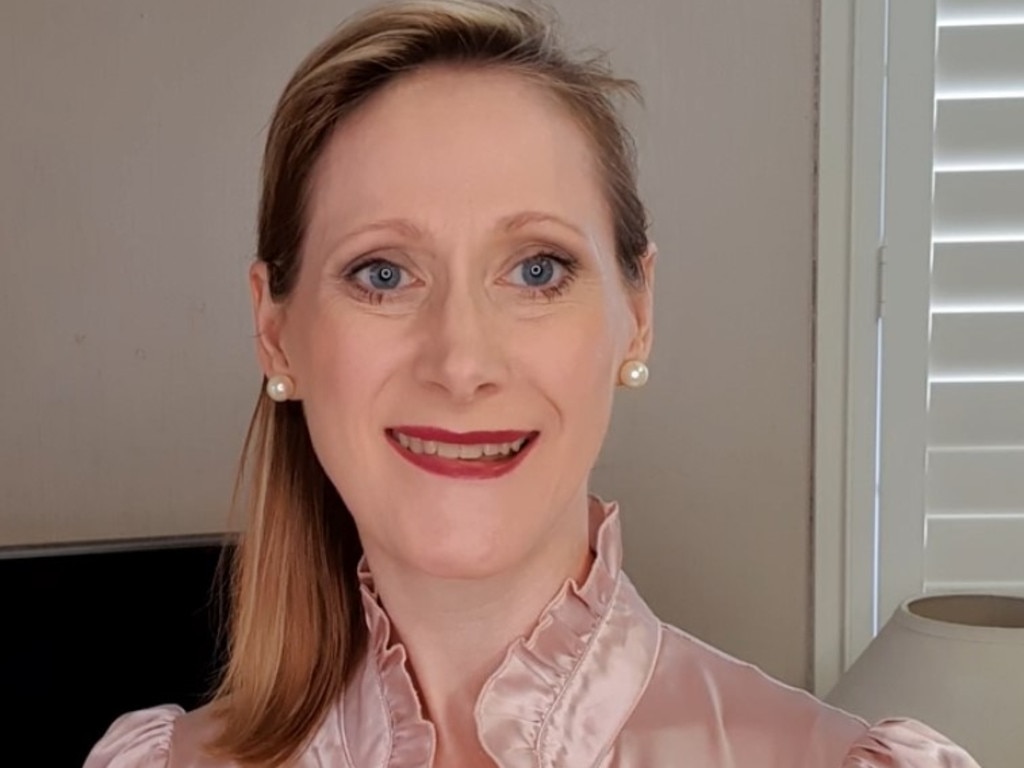
It led her down a path of anorexia, which developed into bulimia and binge eating disorder. For a year, friends and family tried to hold interventions but she ignored their pleas until she saw a photo of herself – except she didn’t realise it was her.
Her disturbance at the image led her to go into active recovery. Kellee got into a healthier weight range, before she started to fall back into her old patterns. One day, when sitting on the couch during one of her “favourite binges”, she suddenly remembered food addiction.
She ended up losing weight in a healthy and sustainable way in a bid to break the pattern, but looks back on her life and realises how much was consumed by her body image.
“Most of my day was comparison and competition and judgment. So that was wearing me down,” Kellee told news.com.au.
“And the more you do that, it triggers and strengths of the neurons in your brain, and it becomes a habit.
“One of the biggest things that I’ve found with myself – and others – is that you set these unrealistic goals and you always fail because you’re always setting the same goals. Over and over and over again. And it’s you repeating the mistakes of the past.”
She said that every time something negative happened in her life, she would blame it on her food and her weight before trying to change those things about herself.
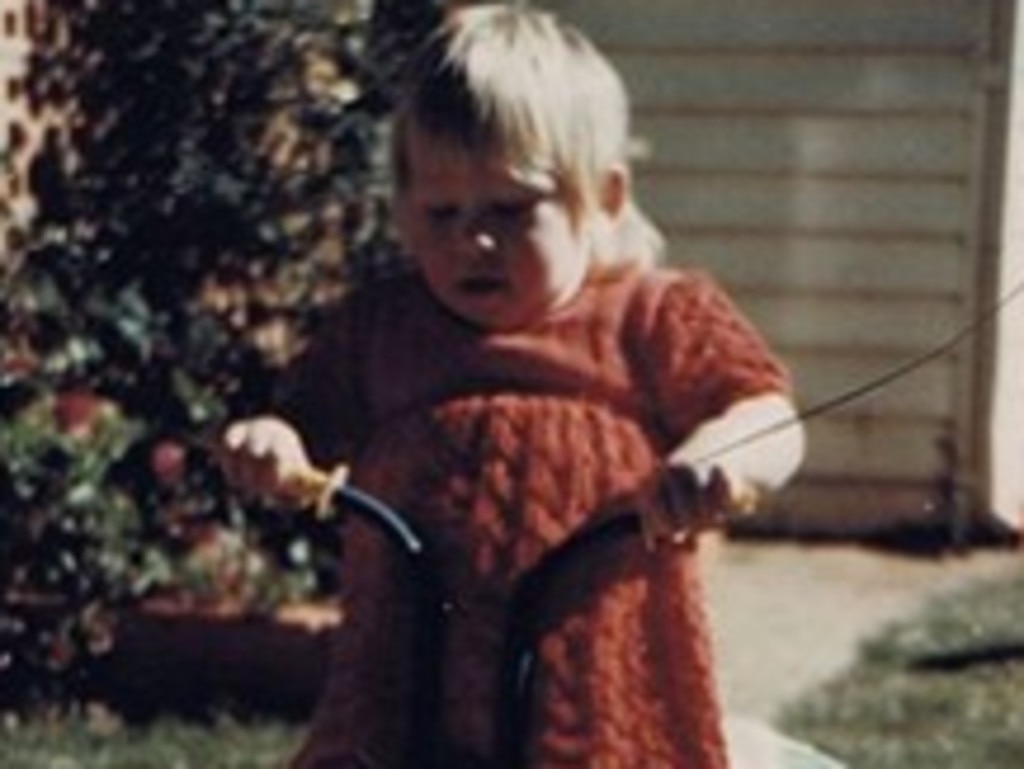
Now she helps others with their own stories, beliefs and fears around food - as well as brain chemistry - with her business the Mind and Body Architect.
Danni Rowlands, Butterfly’s Head of Prevention, said the statistics found in the Great Aussie Debate survey are concerning.
She said it isn’t at all surprising given Australia’s obsession with image.
“Weight loss is not a trend, but unfortunately something that is ingrained in our society that has spanned over decades. The weight loss industry and now, the wellness industry, are billion-dollar industries that have profited off body insecurities,” Danni told news.com.au. “Dieting remains one of the most significant, yet modifiable, risk factors to the development of eating disorders. Dieting, for weight loss and body shape change, can have serious consequences on a person’s mental and physical health and wellbeing, with research reporting that for at least one-third to two-thirds of people on diets regain more weight than they have lost within four or five years.”
She said it’s important as a society to broaden our understanding regarding body size and health to avoid discrimination, including being aware of our own weight biases.
“Many people believe that health is intrinsically linked to body size, but it’s not as simple as this – health can exist on a spectrum of body sizes, which will vary with time and circumstance for every individual,” she said.
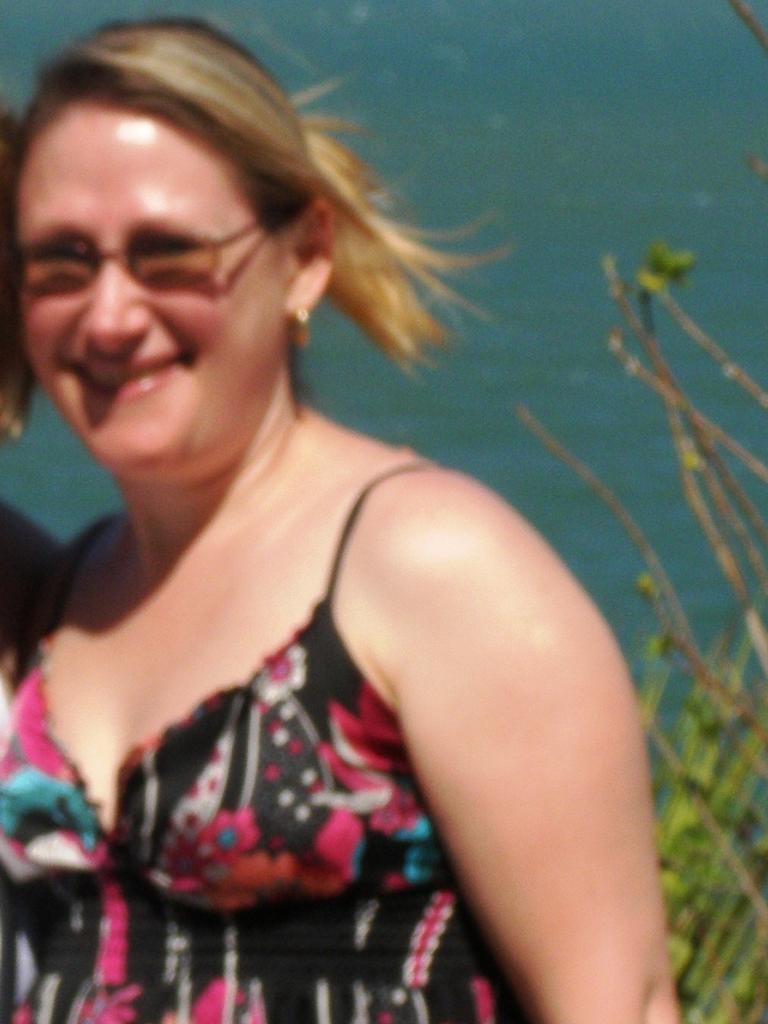
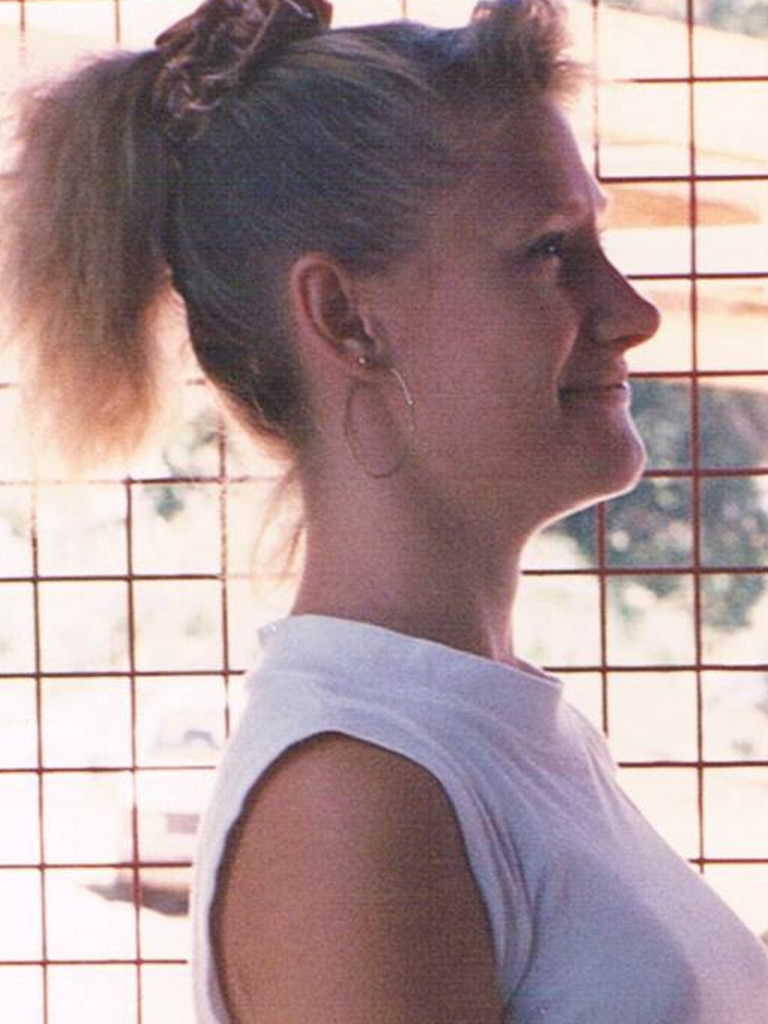
“Health and wellbeing are multifaceted and determined by so much more than your body weight, and a person’s health, eating and exercise behaviours should not be assumed based on their size or appearance.
“We also need to ensure public health campaigns and broad public health information surrounding body size do not reinforce this stigma and provide accurate information around weight-science and health – which includes ensuring that BMI is not used as an indicator of a person’s health.”
Danni said body acceptance can seem impossible for some but everyone deserves the opportunity to heal their relationship with their body.
This journey begins with acknowledging the relationship we have with our bodies is complex – offer compassion to yourself and your body – and identify internalised beliefs you have about weight and health, she said.
Laura echoed these sentiments, saying fitness is so much more than what is on the scales. It’s about being able to move easier and feel stronger in your everyday life, to allow you to live the life you want to live.
Danni said when behaviours are motivated by weight loss, it has the potential to be problematic and negatively impact a person’s relationship with their body.
“Striving for better health outcomes is of course OK, but when weight loss is the focus this can be consuming, distracting and can affect people’s wellbeing in many ways; their physical health, mental health, relationships, ability to focus on work or studies,” she said.
“Others might recognise when things tip over to being problematic, before someone recognises them in themselves.
“If you’re finding yourself becoming overly preoccupied with your weight, eating and/or exercise or your body, and it’s negatively impacting your life, it’s important to reach out for support as soon as possible. A GP is a good place to start, or you can also connect with Butterfly’s National Helpline.”





